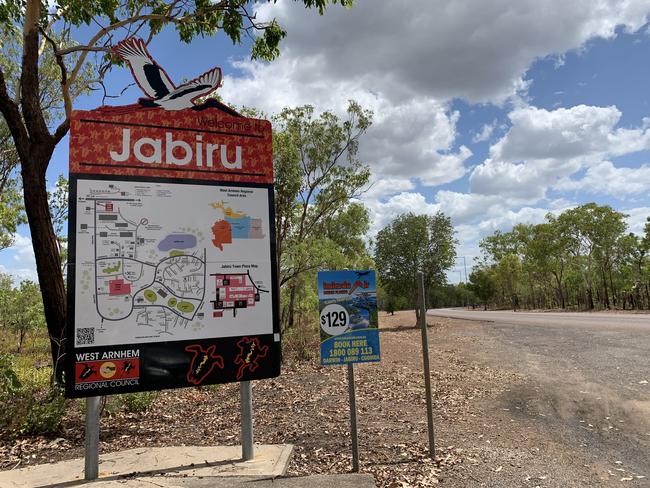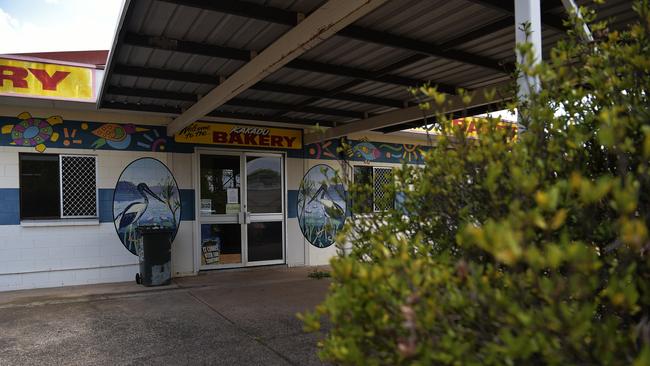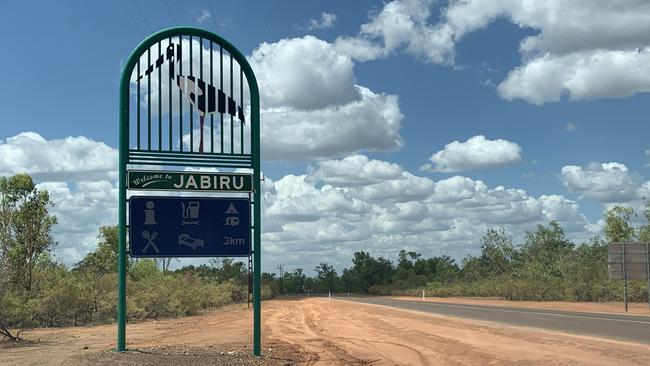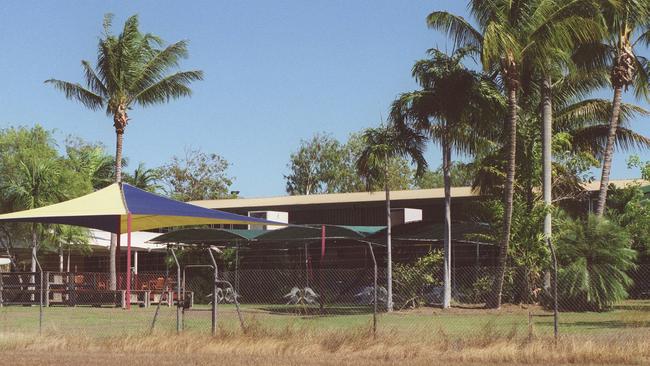THERE was a story that passed with barely a blip last month, but it pointed to a major problem for the future of the Northern Territory.
The Jabiru Sports and Social Club announced that it would close permanently, after shutting its doors at the beginning of the coronavirus pandemic.
While the closure of a regional club is hardly front-page news, this was the latest blow to a place that is fast becoming a ghost town.
Jabiru’s demise – brought on by the wind-down of the Ranger Uranium Mine – will have massive consequences, and it’s not the only remote Territory town staring at a bleak future.

Nhulunbuy will need to find a new way to prosper as Rio Tinto winds down its bauxite mining operations in Northeast Arnhem Land, while the increase in fly-in, fly-out workers has had an impact in Alyangula.
All of this creates a further deepening of the disparity between life in Darwin and remote parts of the Territory.
Our city is often described as a place of great opportunity, even marketed as such by the NT government.
But beyond the cities and major towns those opportunities quickly dry up.
And as mining operations wind down in places like Jabiru and Nhulunbuy, they will become even more scarce.
MORE MATT CUNNINGHAM OPINIONS
NT politics now just a bidding war for otes of well-off public servants
Fear allowing politicians to make decisions that wouldn’t normally pass the pub test
Time for our politicians to get on with governing instead of chasing power
Each year the Prime Minister stands up in parliament and delivers the Closing the Gap report.
But the few gains being made are by Aboriginal people living in urban areas.
For those living in the bush, the gap is getting wider.
Without real economic development in remote communities it will continue to do so.
During a recent ABC radio interview about the need to continue JobSeeker assistance, NT Council of Social Services chief executive Deborah Di Natale remarked that there were 57 people out of work in the NT for every vacant job position.
Host Adam Steer rightly pointed out that most of these people are in remote communities.
This is not a new problem caused by the coronavirus.
It’s one that has existed for far too long, and until it’s fixed the gap will never really be closed.

In the past month the Coroner has held two inquests into the horrific deaths of six children in remote communities – four by suicide and two who died from substance abuse.
For as long as children see a future without hope, tragedies like these will continue.
Yet great impediments – often imposed by bureaucrats and activists in their comfortable urban homes and offices – are placed in the way of remote economic development.
MORE MATT CUNNINGHAM OPINIONS
We can’t delay long overdue public service cuts any longer
If you don’t pay for news, you’ll be left with the ABC
NT Govt’s new ‘how can we help you?’ attitude needs to be a permanent change
Highlighting the problem is easier than identifying a solution, but there are a few obvious places to start.
We need a serious upgrade of remote infrastructure so that major towns – such as Wadeye and Nhulunbuy – can be accessed year-round by decent, sealed roads.
To help fund this, the commonwealth could redirect some of the billions of dollars in funding spent each year on addressing Indigenous disadvantage that goes to big southern cities where no such disadvantage exists.

Township leases need to be negotiated in these communities so their residents are given the opportunity to develop businesses and even own their own homes.
And the Northern Territory’s public service needs to be refocused so its priority is nurturing this development, not standing in its way.
The easy thing to do is to say that it’s all too hard.
But there are pockets of the Territory where real economic development – driven by local Aboriginal leadership – is being realised.
MORE MATT CUNNINGHAM OPINIONS
Northern Territory needs to develop a more sensible energy policy
Palmerston Hospital stands as a triumph of politics over sensible policy
Government’s reliance on spin doctors shows contempt for its constituents
Royal Commission left the Gunner Government an impossible mission
There’s no better example than the Gumatj Corporation which operates several successful businesses including a timber mill, concrete batching plant, butcher shop and a bauxite mine.
Unfortunately this is the exception rather than the rule and the challenge of breaking this cycle of welfare dependency and despair is immense.
OFFER EXTENDED: Amazing NT News subscription offer: Rad everything for $1
If we can’t achieve real economic development in a place like Jabiru – surrounded by the Kakadu National Park and the thousands of tourists it brings each year – then closing the gap will remain a pipe dream.


Add your comment to this story
To join the conversation, please log in. Don't have an account? Register
Join the conversation, you are commenting as Logout
‘I have fallen in love with the NT’: Story of a Ugandan-born lawyer
This Ugandan-born lawyer has overcome a lifetime of obstacles to finally get admitted to law in the Northern Territory. Read his story.
‘Treated like animals’: Death in custody warning over watch house
Women are allegedly being crowded into cells in view of masturbating men at the Territory’s police watch house. WARNING: Distressing images.